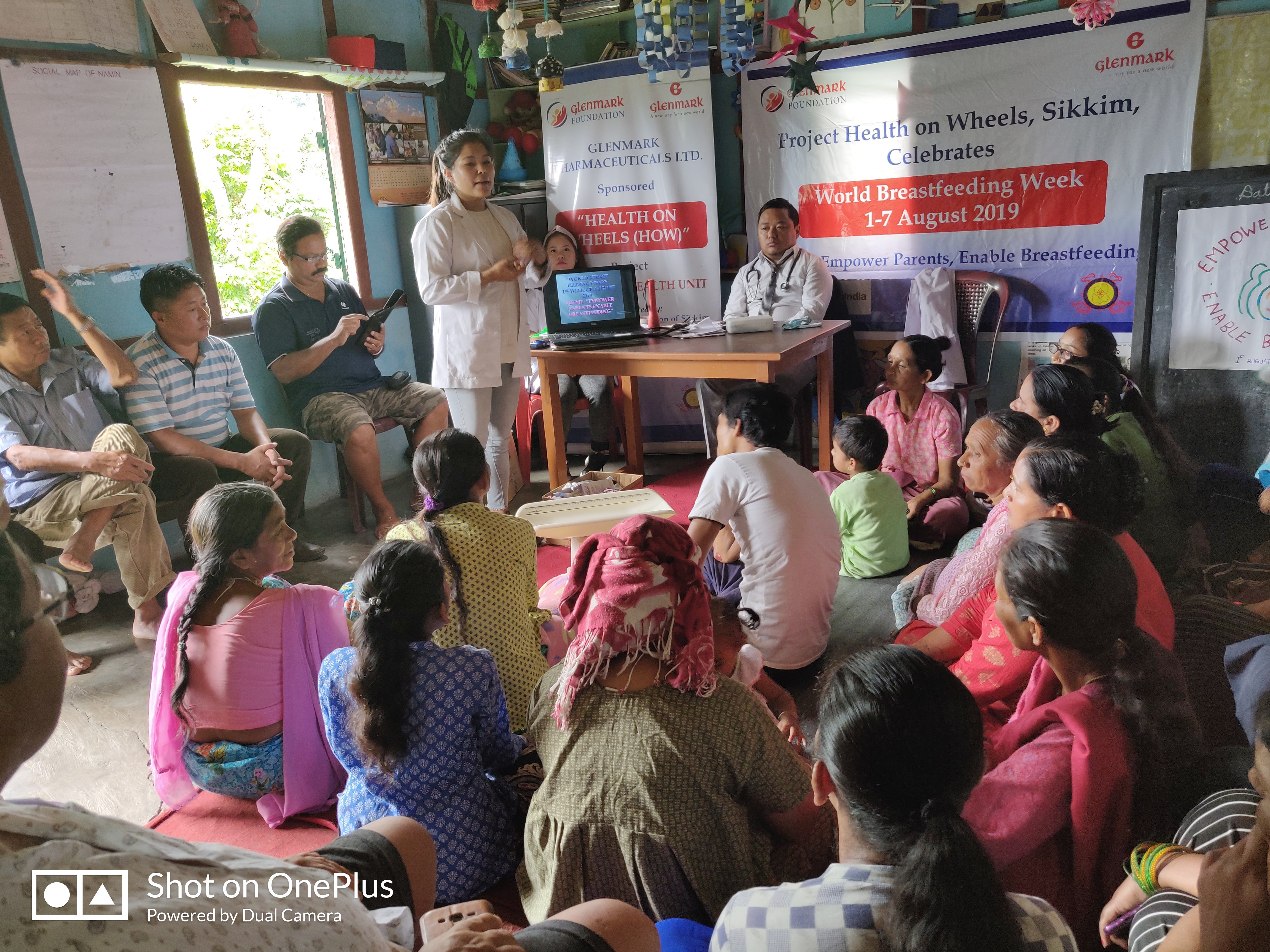- Home >
- Our Ideas
What are the Shared Value of CSR from Indian Context?

The corporate sector was initially taken by surprise and many of them perceived this as an additional tax burden. India also saw a new government in 2014, which was under pressure by Industry Bodies and Associations to overturn the law. Instead, the new government wanted the corporate sector to play an active role in the development of the nation and encouraged companies to start thinking in the direction of nation building through CSR. Government initiatives like Swachh Bharat Abhiyan were promoted under CSR and active efforts have been made to make it a public movement considering sanitation issues concerns everyone.

As the realisations dawned on companies that the CSR law is here to stay, companies started looking at CSR positively experimenting with different initiatives and partners in the last three years. One of the most interesting development which we are seeing now is that CSR is being talked seriously at board room level and active discussions are happening on how to make it more strategic and meaningful. Companies have started looking at innovative ways on how to utilise the budget so that it benefits the community and also the company in the long term.
Last month, we had Prof. Michael Porter of Harvard Business School talk to the Indian Inc. about Shared Value in Mumbai and Delhi and how it is different from philanthropy. Large conglomerates have started creating a subsidiary or division on how to make doing good sustainable and integrating with the business case.
In a recent visit of SoulAce to New York for the Global Shared Value Summit, many MNCs wanted to understand whether in Indian context does Shared Value exist considering CSR law is in place. It came to their surprise that companies are already looking at Shared Value approach within CSR law though they might not be terming so right now.
Shared Value is where we can create win-win scenario for both the community and the company from long term perspective. The concept of Shared Value will be different for each company based on its products, geography, customers, suppliers etc. Each organisation would need to look inward on where it can see synergy with community goals and decide. Listing down some of the possible ways in which companies can look at integrating CSR & Shared Value: